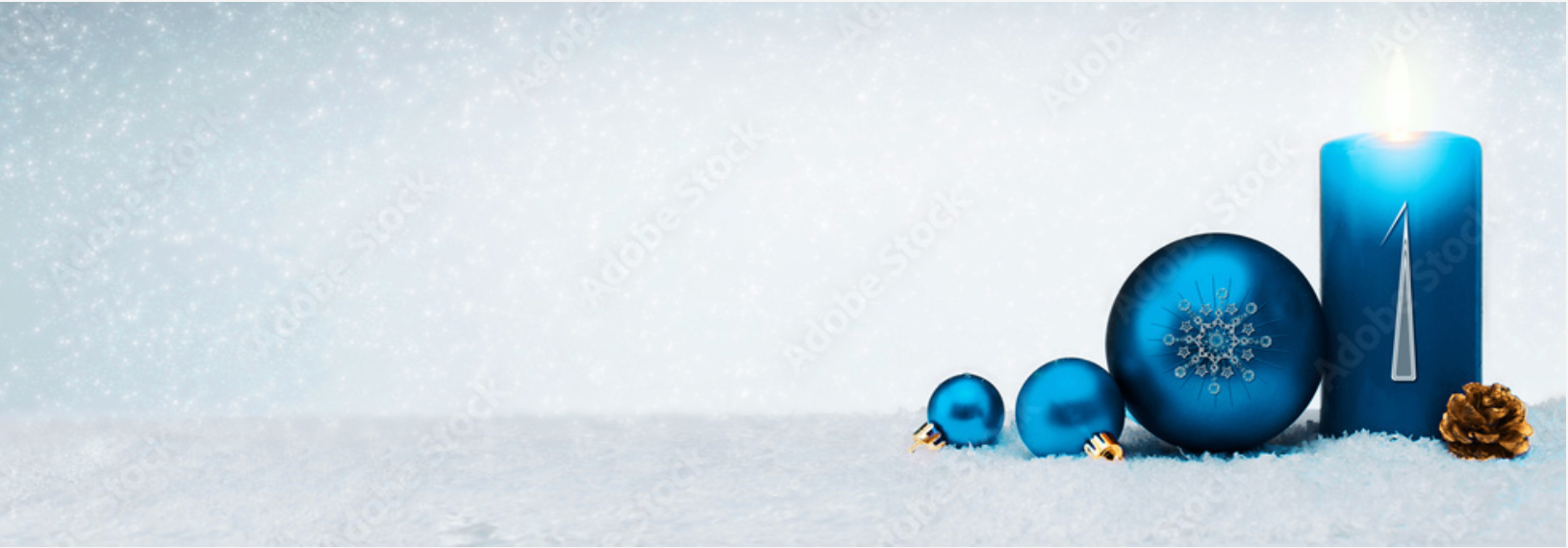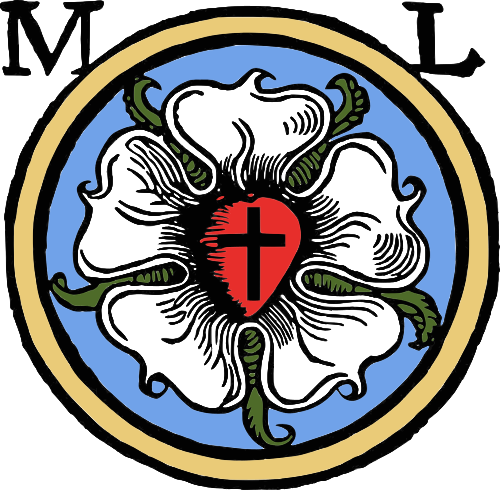Sermon for the First Sunday in Lent, February 18, 2024
Today is the first Sunday in Lent.
Traditionally,
during this season,
we recommit ourselves to discipleship,
to our baptismal covenant,
to renouncing all the forces that defy God,
in the world
and in us.
We usually mark this season
by committing to a fast,
or adopting a new practice
hoping that sacrifice and service in the small things
will give us greater discipline
in the larger things.
But I think most of us
we are just tired.
Too tired.
Deep-down-in-our-bones,
teetering-on-the-edge,
cracks-in-the-foundation tired.
Maybe the thought of taking on something new
right now,
seems like too much.
And giving something up?
We are closer to just giving up.
It feels like we have been in perpetual Lent
for quite some time,
and this just feels like doubling down.
Our texts for today,
seem to be an odd way to start
this redundantly sorrowful season.
We start with the Flood,
and God promising that
never again
will God destroy every living thing,
setting the rainbow as a sign of the covenant.
We jump to 1 Peter,
were we hear again
a synopsis of the flood story
and God’s promise.
Peter makes the connection to Baptism;
as Noah and his family were saved through water,
so now are we saved through water,
as an appeal to God for a “good conscience.”
Then we come to the Gospel.
We hear again the story of Jesus’s Baptism,
the voice from heaven,
the Spirit descending.
But this time we see something more.
We see that this Spirit
immediately drives Jesus into the wilderness,
where Jesus is tempted by Satan
for forty days,
surrounded by wild beasts
and waited on by angels.
After this,
Jesus comes to Galilee
and begins to proclaim the kingdom.
This reading from Mark
highlights a pattern
in the story of God.
A pattern of Waters
Wilderness,
and Word.
And this pattern starts at the very beginning.
“In the beginning,”
Genesis 1:1 starts.
“In the beginning,
when God created
the heavens and the earth,
the earth was a formless void
and darkness covered the face of the deep,
while [the Spirit of God] swept
over the face of the waters.
Then God said,
“Let there be light.”
and there was light.
Then God sets the Garden of Eden
between two rivers,
and when the first humans violate God’s command,
they are exiled to the wilderness.
But God speaks a promise over them
to redeem them and all humankind.
We have already seen
that God saves Noah and his family
through the Flood.
They emerge from the ark
into an empty world
they will have to cultivate
and populate,
and God promises that
never again
will God destroy all flesh.
Moses is set adrift in the Nile
to save his life from Pharaoh,
he flees into the wilderness
to avoid the consequences of his actions,
and there he encounters the voice of God.
God uses Moses
to lead the Hebrew people to freedom
across the sea
and into the wilderness
where God gives God’s people
the law.
God uses Joshua
to lead God’s people across the Jordan
into a hostile territory,
and promises them the land.
These waters in the Hebrew scripture
are supposed to remind us of those first waters,
the waters over which the Spirit swept
and God spoke the world into being.
When God’s people go through the waters
they are going back to the beginning,
back to the sweeping Spirit
and God’s declaration
of our original goodness.
And in the Gospel,
Jesus goes back to the waters,
wades into the Jordan
and the Spirit descends,
and God speaks goodness and love
over this Son of God.
And the pattern repeats.
Jesus is driven into the wilderness,
where he is tempted as Adam and Eve were
to believe that relationship
could never be repaired.
Tempted like Noah
to believe that the world
was beyond redemption.
Tempted like Moses
to believe that God couldn’t speak through him.
Tempted like the Hebrews
to believe that God
had led them out of slavery
only to let them die in the wilderness.
Tempted like the Hebrews
to believe that God couldn’t give them the land
with so small an army.
But something about the struggle
between what these folks could perceive
with their senses
and what God was promising in spite of it,
led these folks to trust that God would save them
through what looked and felt like death.
Jesus goes from the water
to the wilderness
and comes back
as the Word,
preaching the Kingdom of God.
This pattern
of Waters, Wilderness, and Word
is the pattern of the Christian life.
We like all creation,
like our forebears,
like Jesus himself,
start in the waters,
where the Spirit still sweeps
and the Word still speaks.
We are God’s Beloved,
God’s Child,
and God is well pleased.
But we come out of those waters
into a wilderness
that would tell us otherwise.
We are tempted to believe
that God’s promises
can’t be for us,
that we can’t speak God’s truth,
We are tempted to believe
that what we thought was freedom
was really just abandonment.
We are tempted to believe
that God can’t use our little effort
to defeat big evil.
But something in this struggle
will teach us otherwise.
So, let this struggle be your discipline this Lent.
Let your prayers be honest,
give God your exhaustion,
your doubt that this can be redeemed,
your fear that you aren’t enough for this challenge,
your frustration at being left to your own devises,
your desire to just give up on the whole world
the church,
faith,
and God.
Maybe what we give up for Lent this year
is avoiding temptation.
Maybe the disciple we take on this year
is choosing to stay in this wilderness
until God leads us out.
Because like Adam and Eve,
like Noah
and Moses,
and Joshua
and the Hebrew people,
and Jesus,
God will lead us out with a story to tell.
A story that is the gospel in our lives.
The good news that darkness and chaos
are but the womb of God,
birthing a new world
in our very bodies,
the Word of God
writing the gospel
on our lips.
You are God’s child,
God’s Beloved,
and with you God is well pleased.
Amen.









